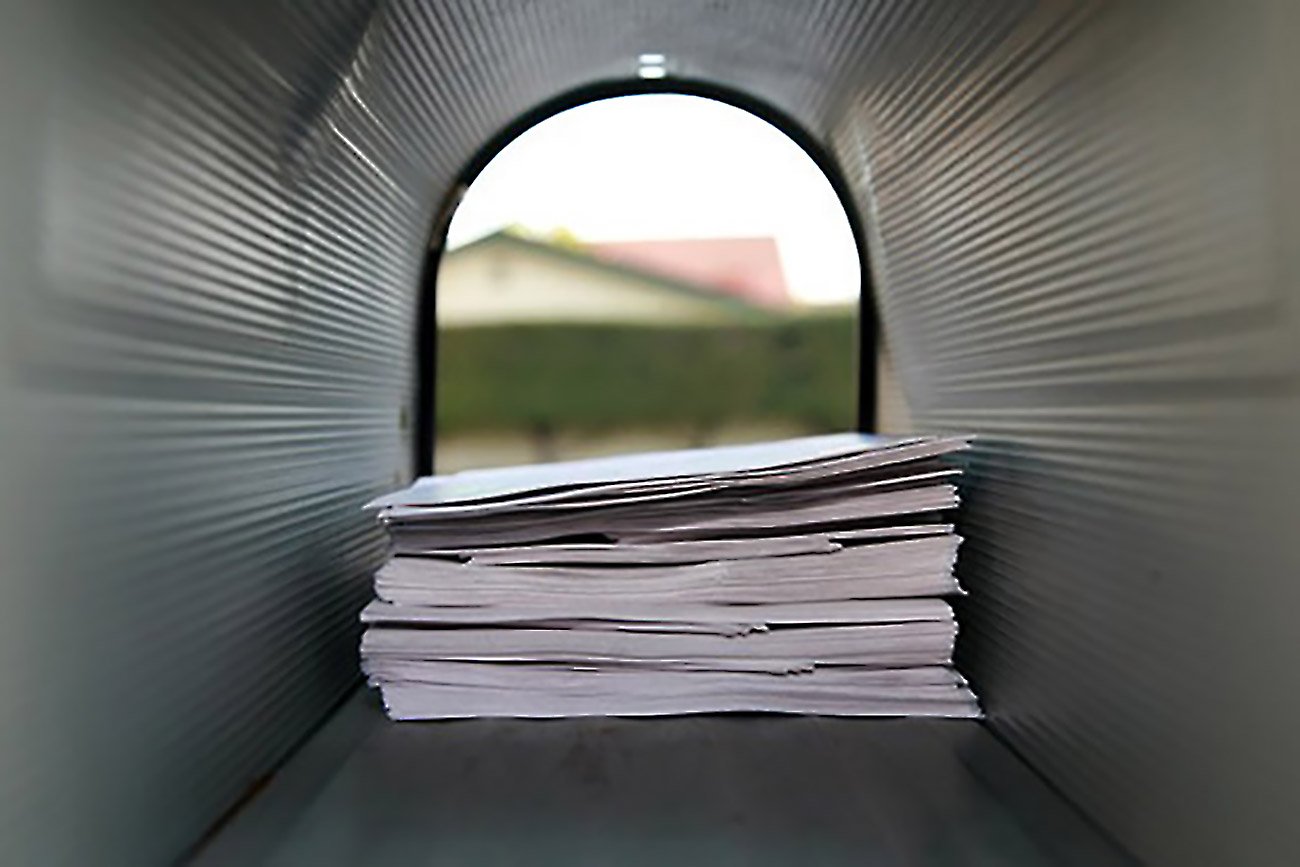
The Postal Service wants to clear up a few misunderstandings about flat-sized mailpieces.
Here’s what you should know:
• First things first: Know how to recognize flat-sized mailpieces. The Domestic Mail Manual has all the information you need, especially chapters 101 and 201.
Generally speaking, flat-sized mailpieces are no more than 15 inches long, no more than 12 inches high or no more than 3/4 of an inch thick. A flat-sized mailpiece must be rectangular with four square corners, or it must have finished corners that do not exceed a radius of 1/8 of an inch.
Additionally, a flat-sized mailpiece must meet two or three physical characteristic standards, depending on whether the piece is retail-priced or commercial-priced.
Retail flat-sized mailpieces must meet uniform thickness and flexibility standards. Commercial flat-sized mailpieces must also meet deflection standards, in addition to uniform thickness and flexibility.
• A flat-sized mailpiece in a padded or bubble envelope isn’t a parcel. If a mailpiece meets the dimensional criteria and physical characteristics, the piece is considered a flat-sized mailpiece.
The rules spelled out in the Domestic Mail Manual don’t prohibit padded or bubble envelopes from being mailed as flat-sized mailpieces.
• USPS-produced Priority Mail Express Flat Rate Envelopes and Priority Mail Flat Rate Envelopes aren’t flat-sized mailpieces, either. USPS-produced Priority Mail Express Flat Rate Envelopes and Priority Mail Flat Rate Envelopes are flat-priced, not flat-sized.
Determining a thick flat-rate envelope is not eligible for flat-rate pricing is incorrect. Remember: If it fits, it ships (up to 70 pounds domestically, that is).
• More information is available. When in doubt, refer to the Domestic Mail Manual, which is available on the Postal Explorer site, to find the correct answer.
{{cta(‘a2eb9f03-dbcc-4320-91bb-038f74b1d9e2′,’justifycenter’)}}
